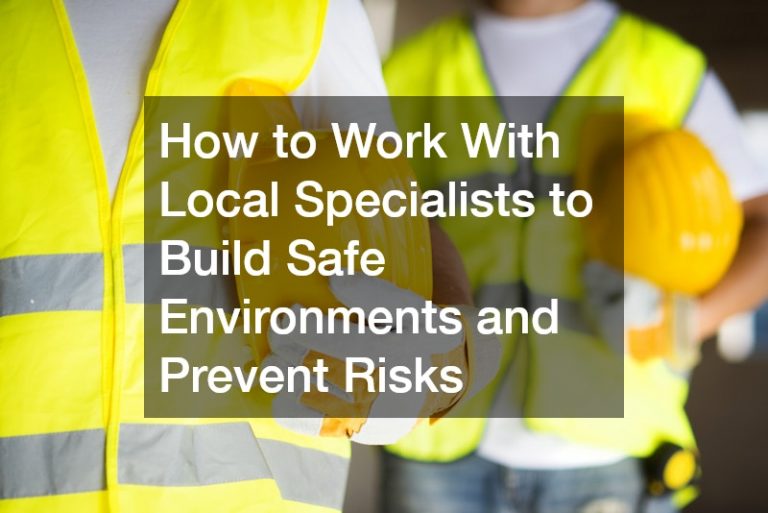A few months into the coronavirus pandemic, it’s evident that life will never be the same again. At the very least, it would take a while to untangle this routine of household isolation and physical distancing.
These are uncertain times, however, and the best thing that the people can do is adjust to the growing health crisis and support the essential workers and volunteers who are trying to keep things as normal as possible. The UK’s official coronavirus death toll as of writing has gone beyond the 26,000-mark. It might not slow down anytime soon and the funeral industry has to quickly adapt to the situation.
How Has the Pandemic Changed Funeral Services in the UK?
Weekly fatality rates have significantly increased, and the funeral sector is under a lot of pressure to give coronavirus victims safe and respectable final rites. Mortuaries have to use refrigerated tents to increase their capacity —The Crown Commercial Service had to acquire these quickly.
The way that funeral directors operate in London and in the rest of the UK has also changed rapidly.
For one, cremation is now compulsory, according to the Coronavirus Act, which passed into law last March. It was only amended to respect the religious beliefs of Jewish and Muslim groups. This decision isn’t only beneficial health-wise. It’s a way to relieve the pressure on graveyards and burial sites.
Another change is how funerals are now limited to close family members only. Mourners with coronavirus symptoms are banned. Some city councils have even banned mourners altogether.
Will There Be Delays in Funeral Services?
Despite the stringent measures applied in funerals, these services are expected to continue as normally as possible. The only difference is the limited number of mourners on site. Gatherings after the ceremony, even those that are usually held at the family home, are currently not an option either.
Online broadcasting is an option, though. It’s a way for mourners to pay their final respects to a loved one when they can’t attend the service in person. A funeral director can help organise this broadcast.
Funeral directors can also assist the family with recorded eulogies to make the funeral as intimate as possible despite the situation surrounding it.
What Does This Mean for Burial Traditions?

Even though medical researchers and health care workers are working double-time to find sustainable solutions, the pandemic doesn’t show signs of slowing down anytime soon. Nobody can predict the long-term impact of the novel coronavirus, but one thing is certain: burial traditions have changed.
Perhaps we can give our loved ones that final tribute and commemoration they deserve after the lockdown has been lifted. Perhaps there will be faith-based rites, humanist ceremonies and life celebrations when all of this has settled down. But for now, it is safest to stick with the law.
Those who have passed because of the pandemic will get the rites they deserve and find their way home to their preferred resting place. Those traditions will just take longer than usual to fulfil.











